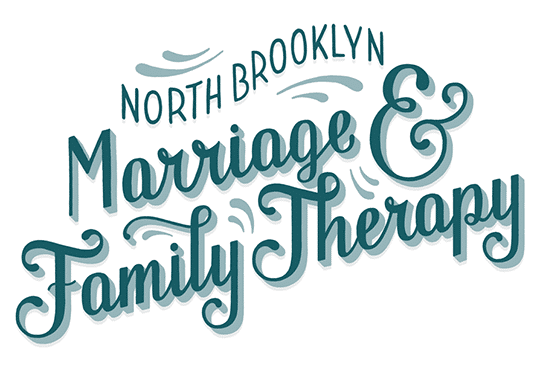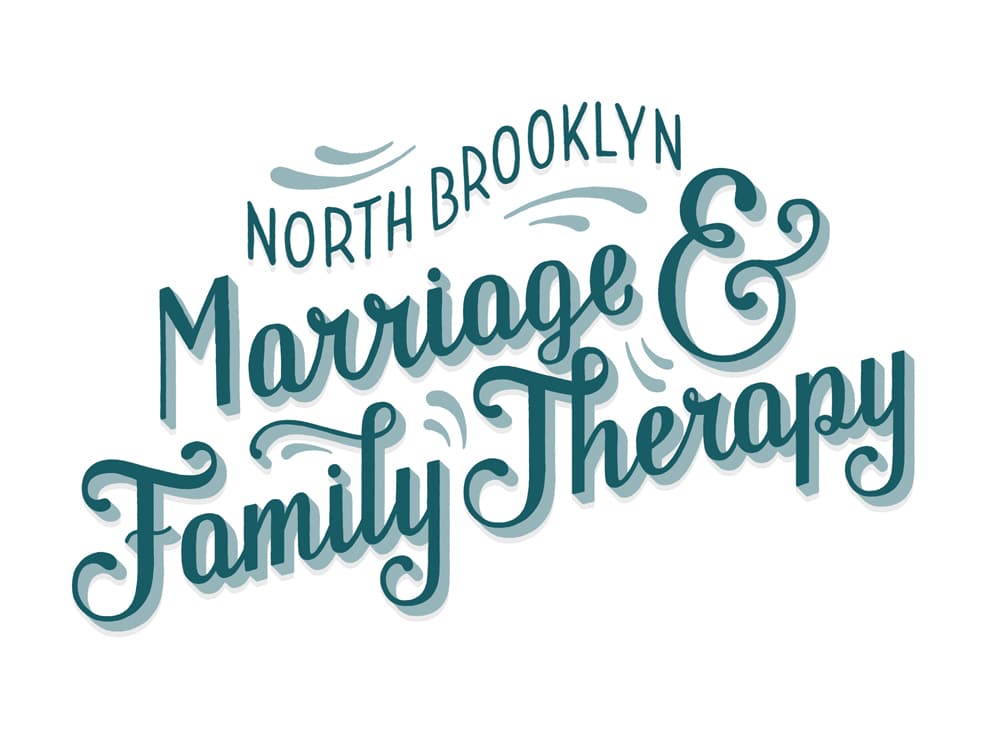Tips for Online Dating Part 2: Setting Boundaries
This is part 2 of a six-part series on tips for online dating. Go here for the rest of the series. Finding a match online that has the potential to result in a serious relationship can be a daunting task for … Read More


